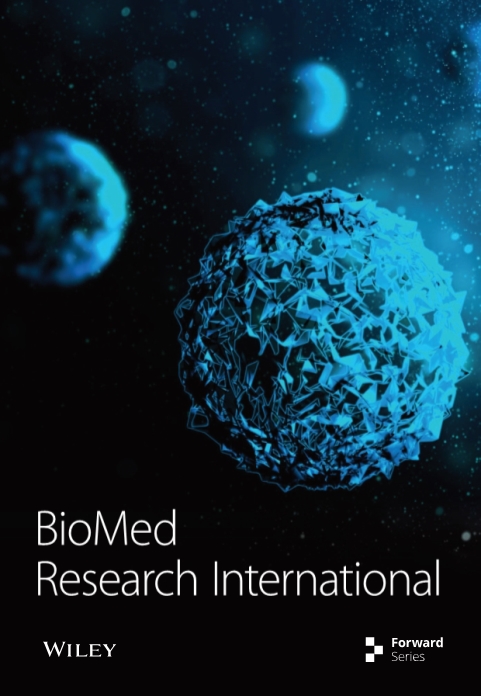Psychophysiological Adaptations to Exercise Training in COVID-19 Patients: A Systematic Review
IF 2.6
3区 生物学
Q3 BIOTECHNOLOGY & APPLIED MICROBIOLOGY
引用次数: 0
Abstract
Introduction. Many COVID-19 patients display adverse symptoms, such as reduced physical ability, poor quality of life, and impaired pulmonary function. Therefore, this systematic review is aimed at evaluating the effectiveness of physical exercise on various psychophysiological indicators among COVID-19 patients who may be at any stage of their illness (i.e., critically ill, hospitalized, postdischarge, and recovering). Methods. A systematic search was conducted in PubMed, Scopus, ScienceDirect, Web of Science, and Google Scholar from 2019 to 2021. Twenty-seven studies, which assessed a total of 1525 patients, were included and analysed. Results. Overall, data revealed significant improvements in the following parameters: physical function, dyspnoea, pulmonary function, quality of life (QOL), lower limb endurance and strength, anxiety, depression, physical activity level, muscle strength, oxygen saturation, fatigue, C-reactive protein (CRP), interleukin 6 (IL-6), tumour necrosis factor-alpha (TNF-α), lymphocyte, leukocytes, and a fibrin degradation product (D-dimer). Conclusions. Physical training turns out to be an effective therapy that minimises the severity of COVID-19 in the intervention group compared to the standard treatment. Therefore, physical training could be incorporated into conventional treatment of COVID-19 patients. More randomized controlled studies with follow-up evaluations are required to evaluate the long-term advantages of physical training. Future research is essential to establish the optimal exercise intensity level and assess the musculoskeletal fitness of recovered COVID-19 patients. This trial is registered with CRD42021283087.COVID-19 患者对运动训练的心理生理适应:系统回顾
简介。许多 COVID-19 患者表现出不良症状,如体能下降、生活质量低下和肺功能受损。因此,本系统综述旨在评估体育锻炼对处于疾病任何阶段(即重症、住院、出院后和康复期)的 COVID-19 患者的各种心理生理指标的影响。研究方法从 2019 年到 2021 年,我们在 PubMed、Scopus、ScienceDirect、Web of Science 和 Google Scholar 上进行了系统检索。纳入并分析了 27 项研究,共评估了 1525 名患者。结果。总体而言,数据显示以下参数有明显改善:身体功能、呼吸困难、肺功能、生活质量(QOL)、下肢耐力和力量、焦虑、抑郁、体力活动水平、肌肉力量、血氧饱和度、疲劳、C反应蛋白(CRP)、白细胞介素6(IL-6)、肿瘤坏死因子-α(TNF-α)、淋巴细胞、白细胞和纤维蛋白降解产物(D-二聚体)。结论与标准疗法相比,体能训练是一种有效的疗法,可将干预组 COVID-19 的严重程度降至最低。因此,体能训练可纳入 COVID-19 患者的常规治疗中。要评估体能训练的长期优势,还需要进行更多的随机对照研究和随访评估。未来的研究对于确定最佳运动强度和评估 COVID-19 康复者的肌肉骨骼健康状况至关重要。该试验已注册为 CRD42021283087。
本文章由计算机程序翻译,如有差异,请以英文原文为准。
求助全文
约1分钟内获得全文
求助全文
来源期刊

BioMed Research International
BIOTECHNOLOGY & APPLIED MICROBIOLOGY-MEDICINE, RESEARCH & EXPERIMENTAL
CiteScore
6.70
自引率
0.00%
发文量
1942
审稿时长
19 weeks
期刊介绍:
BioMed Research International is a peer-reviewed, Open Access journal that publishes original research articles, review articles, and clinical studies covering a wide range of subjects in life sciences and medicine. The journal is divided into 55 subject areas.
 求助内容:
求助内容: 应助结果提醒方式:
应助结果提醒方式:


